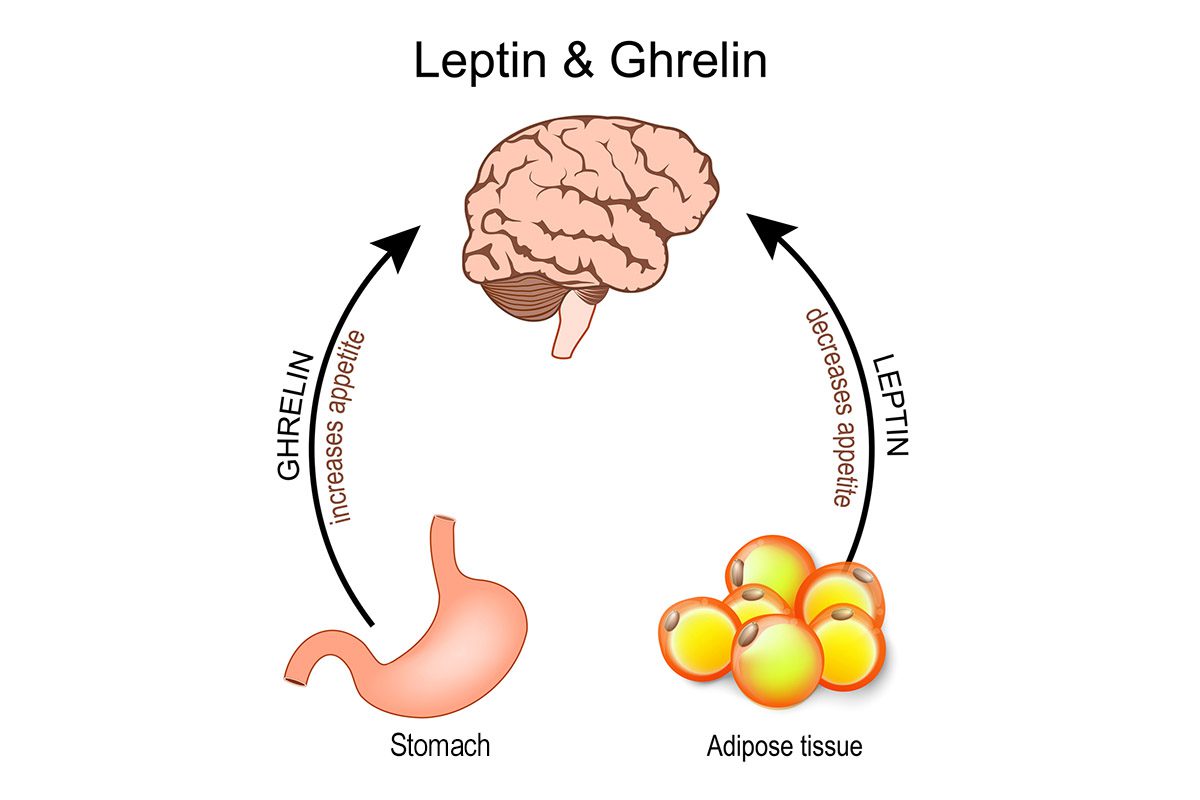Objective: Early identification is essential to reduce disabling complications of eating disorders that occur during stages of bone growth and organ development. This study sought to examine health-screening practices of pediatricians and adolescent medicine physicians in a metropolitan area of the Pacific Northwest.
Method: 70 pediatric and adolescent medicine practices were contacted, 34 (49%) participated, and 20 (29%) returned health forms. Five pediatricians participated in a follow-up focus group. Data collection and analysis occurred between June 2005 and April 2006.
Results: 71% (N=24) of participating practices relied on clinical interviews to detect eating disorders. Less than half of analyzed health-screening forms included questions specific to eating disorders. A pediatrician focus group revealed barriers to identification of eating disorders.
Conclusion: Fast-paced appointments and patients who withhold information compromise identification of eating disorders in pediatric and adolescent medicine practices. Barriers to detection highlight the need for enhanced professional and parent education, practical changes in screening tools and processes, and more frequent appointments when risk factors are present.
This PDF is free for all visitors!





